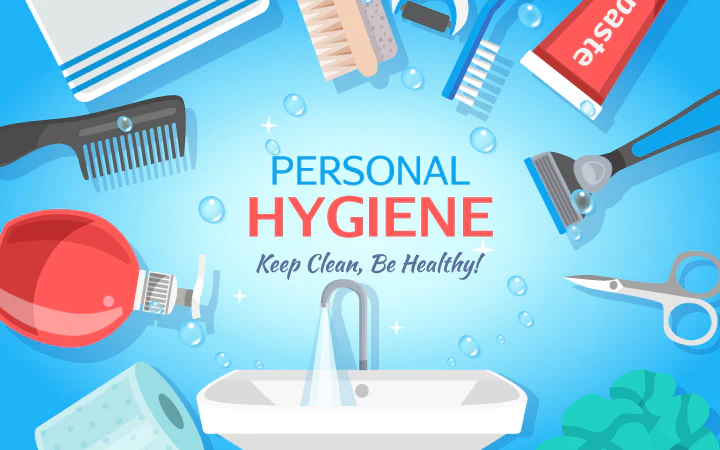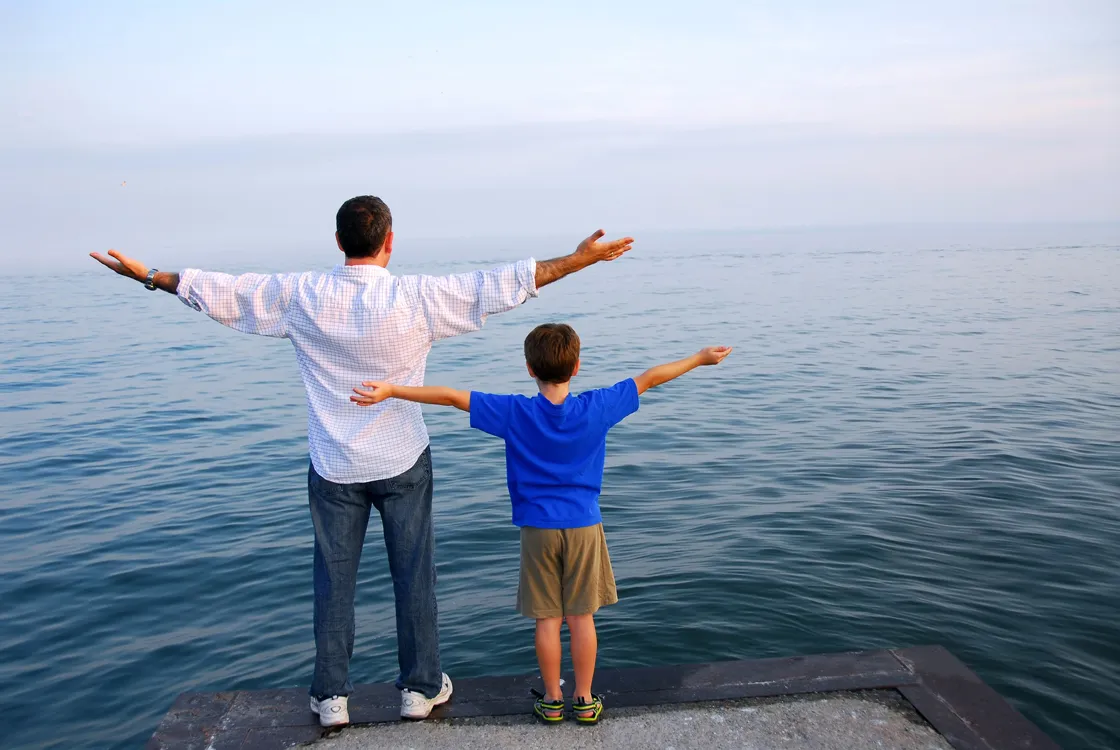Teaching kids about personal hygiene
 Personal Hygiene
Personal Hygiene
Teaching kids about personal hygiene is essential for their health and well-being. Good hygiene habits help prevent the spread of germs, keep them feeling fresh and clean, and set a foundation for lifelong health. Here are some tips to make learning about hygiene fun and effective for kids:
1. Hand Washing
- Teach Proper Technique: Show kids how to wash their hands properly using soap and water for at least 20 seconds. A fun way to ensure they wash long enough is to have them sing the “Happy Birthday” song twice while washing.
- When to Wash Hands: Explain the importance of washing hands before eating, after using the bathroom, after playing outside, after touching pets, and when they come in from school.
- Use Fun Soaps: Let them pick out colorful soaps or ones with fun scents to make handwashing more enjoyable.
2. Oral Hygiene
- Brushing Teeth: Teach kids to brush their teeth twice a day—once in the morning and once before bed. Make sure they brush for at least two minutes. Using a timer or a fun song can help keep track of time.
- Flossing: Show kids how to floss daily to remove food particles between their teeth. Using floss picks can be easier for little hands.
- Mouthwash for Older Kids: If appropriate, introduce a child-friendly mouthwash to help keep their mouths clean and fresh.
3. Bathing
- Regular Bath Time: Encourage kids to take a bath or shower regularly—usually daily or every other day, depending on their activities and climate. Make bath time fun with bubbles, toys, and colorful washcloths.
- Learning to Wash Properly: Teach kids to clean their entire body, including hard-to-reach areas like behind the ears, under the arms, and between the toes.
- Hair Washing: Depending on hair type, washing hair a few times a week is often enough. Teach them to use a gentle shampoo and conditioner, and how to rinse thoroughly.
4. Nail Hygiene
- Trim Nails Regularly: Help kids keep their fingernails and toenails short and clean. Regular trimming prevents dirt buildup and reduces the risk of nail infections.
- Cleaning Nails: Show them how to clean under their nails gently with a nail brush or soft toothbrush.
5. Foot Hygiene
- Daily Foot Care: Teach kids to wash their feet daily, paying attention to spaces between their toes. This helps prevent odors and infections.
- Drying Feet: Make sure kids understand the importance of drying their feet completely after washing to prevent fungal infections.
- Socks and Shoes: Encourage them to wear clean socks every day and to choose shoes that allow their feet to breathe.
6. Using Tissues and Covering Coughs
- Covering Coughs and Sneezes: Teach kids to cover their mouths with a tissue or their elbow when they cough or sneeze to prevent spreading germs.
- Proper Tissue Disposal: Show them how to throw used tissues in the trash and wash their hands afterward.
- Use of Hand Sanitizer: When soap and water aren’t available, encourage the use of hand sanitizer to kill germs.
7. Keeping Personal Items Clean
- Regularly Washing Clothes: Encourage kids to change their clothes daily and place dirty clothes in the laundry basket. Explain why wearing clean clothes is important for hygiene.
- Toys and Personal Items: Teach them to clean their toys, backpacks, and other personal items regularly to reduce germs and dirt.
8. Teaching About Germs
- Simple Explanation: Use kid-friendly language to explain what germs are and how they can make us sick. You can use fun books, videos, or games to help them understand.
- Making It Visual: Use glitter to show how germs spread. Have kids put glitter on their hands and touch various surfaces to see how the glitter (representing germs) spreads, then wash hands to see how washing removes it.
9. Lead by Example
- Model Good Hygiene: Children learn by example. Make sure you demonstrate good hygiene habits yourself. Let them see you washing your hands, brushing your teeth, and taking care of your hygiene.
- Make It a Family Activity: Turn hygiene routines into a fun family activity. Brush your teeth together, have hand-washing races, or sing songs during bath time.
10. Reward Good Habits
- Positive Reinforcement: Praise kids when they follow good hygiene practices. You can use stickers, a rewards chart, or simple words of encouragement.
- Consistency is Key: Make hygiene a consistent part of their daily routine. Over time, these habits will become second nature.
Conclusion
Teaching kids about personal hygiene is an important part of their development. By making it fun, interactive, and a part of everyday life, you can help them build healthy habits that will last a lifetime. Remember, patience and encouragement go a long way in helping children understand and practice good hygiene.
Share this content:





















Post Comment